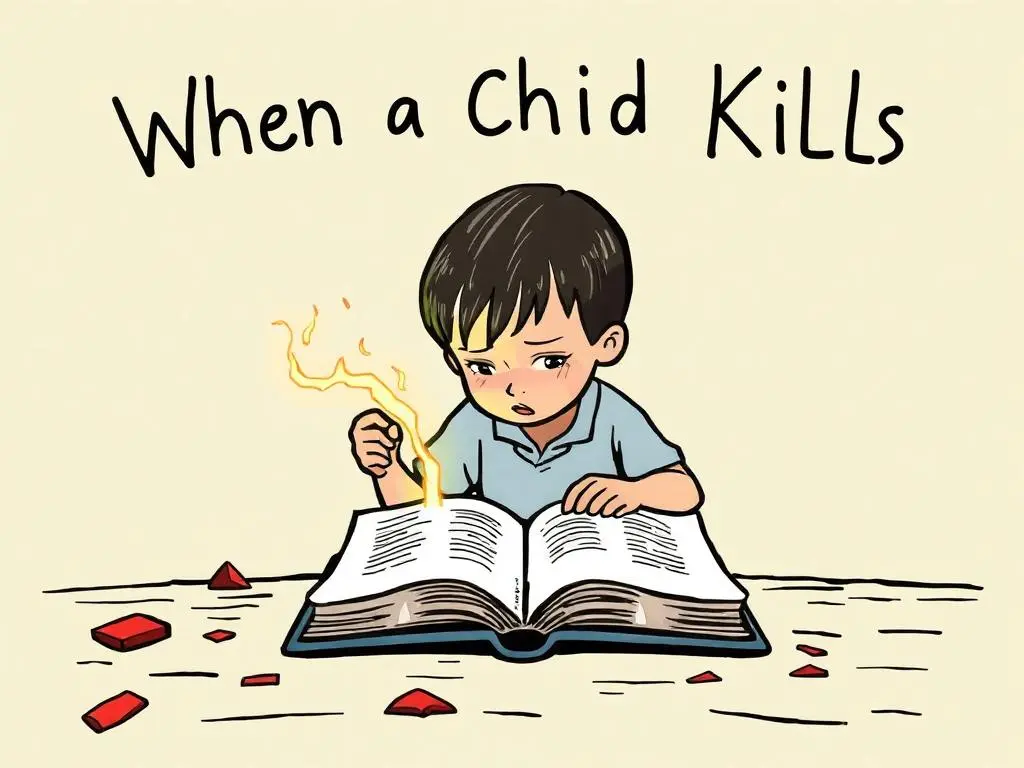What Is a Conservative? And Other Letters to the Editor

What Is a Conservative?
To the Editor:
There was something missing in George Will’s April 12 review of Andrew Bacevich’s collection “American Conservatism.” That something was any discussion of conservatism’s treatment of race in American society. This absence is particularly glaring because conservatism’s advocacy of corporate sovereignty and individual liberty is only matched by its antipathy toward civil rights for African-Americans and other communities of color.
Leading conservatives in the past like James J. Kilpatrick were defenders of segregation. That antipathy continues in the ethnonationalism of President Trump and today’s Republican Party. I don’t know if this omission was the fault of Will or Bacevich, but it obscures a reality that cannot be ignored in American society.
Randy Cunningham
Cleveland
♦
To the Editor:
The 18th-century icon of modern conservatism, Edmund Burke, asserted that the lower classes should keep their place, but didn’t mention how they were being exploited. It’s typical of conservatives to simply ignore the issue of class domination and exploitation, as George Will seems to do in his review of “American Conservatism.” Yet that’s exactly what conservatives have in common.
What they “conserve” above all else is class domination and oppression. They love to spout moral platitudes, but Thomas Paine hit the nail on the head about conservatism’s icon, when he wrote that “it is power and not principles that Mr. Burke venerates.” This explains why we always intervene abroad to support dominant classes, but never to help the lower classes. As for Andrew Bacevich, the book’s editor, he’s been excellent in criticizing American imperialism, but not so on the class basis of that imperialism — especially the dread of socialism and equality.
Roger Carasso
Santa Fe, N.M.
The author is professor emeritus at California State University, Northridge.
♦
To the Editor:
In response to George Will’s review, I offer a liberal’s more jaundiced analysis of conservatism’s ideas and mission.
Nothing summarizes American conservatism more succinctly than its devotion to cherry-picking those intellectual arguments that reinforce its members’ preconceived notions.
Above all else, conservatives seek to affirm a permanent place in the hierarchy of power for those who have historically held power. They defend their inherited and acquired social status as somehow the gift of a divine Providence that chose them, and then use the power of government to protect and reinforce their status and privilege.
These affirmative principles they couple with their doctrinaire certainty that using the power of government through Congress and the judiciary to limit the claims of the “have-nots” to a fair share of political, economic and social power is the highest form of patriotism.
Thomas Shapiro
San Jose, Calif.
Some Relief
To the Editor:
Thank you for the reminder in your pages every week of what the literary world has to offer during this surreal time.
When my partner and I left New York City to wait out the virus in Ohio, I couldn’t focus long enough to read the novel I brought with me — at the time, I thought I’d be gone just long enough to read James McBride’s “Deacon King Kong,” but I still couldn’t pick it up. Unable to read, I bought books for my niece from my favorite independent shop in the city. Something about that transaction helped me focus. As they always do, your reviews have guided me in what to read next (“Weather,” by Jenny Offill). Thanks for being such a crucial part of the literary world keeping us afloat.
Eric Conrad
Columbus, Ohio




